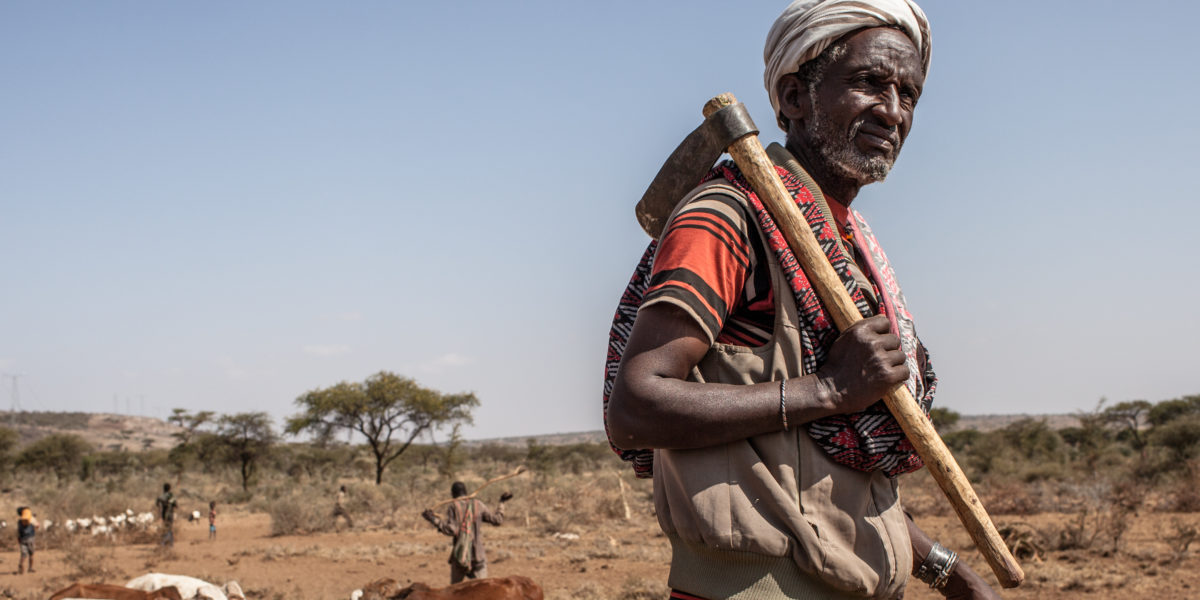On Tuesday December 4 2018 in Brussels, GenerationNutrition organised an experts’ event hosted by Linda McAvan MEP (S&D): “Investing in nutrition for a sustainable future: current impact and future focus of the EU”. The aim of this event was to highlight how vital it is to invest in all forms of nutrition for a sustainable future, and to give concrete suggestions on what the EU can do next to ensure this.
The first panel focused on past and future commitments of the EU, while the second panel brainstormed on the role of the private sector in investing in nutrition and the possible collaboration between NGOs and private sector. Both panels gathered representatives from EU institutions, Member States and country-based civil society organizations.
During the first discussion, Leonard Mizzi, (Head of C1 – DEVCO), recognised that the EU has made substantive progress according to the 3rd progress report on the Action Plan: it is on track of achieving the 3,5 billion target (2014-2017, already 2,5 billion invested), and the number of children averted from stunting increased from 1 million estimated in 2016 to 4,7 million projected in 2018. Still, many people are still suffering from malnutrition in the world. “Achieving the SDGs is an obligation, not a desire”, he stated, and in order to attain it the EU needs to change, and take into account all forms of malnutrition, not just stunting (as stated as well in the 26 November Council Conclusions).
Magali Garcia (Advocacy Coordinator, ACF Niger) added that nutrition policy and programs are divided between humanitarian and development donors. This division is not effective because it does not take into account acute malnutrition also present in non-emergency areas, therefore she called on for he fast implementation of the nutritional nexus.
During the second panel Dorothee Starck (German Permanent Representation) recognised that we took a step forward in the dialogue and the collaboration with the private sector:” Now the discussions are on howto engage with the private sector, not whether we engage.” Chipeigo Zulu, from the Zambia Association of Manufacturers, emphasised that in order to encourage more nutritious outcomes there should be a more enhanced collaboration between CSOs, government and private sector.
All participants called for nutrition to be put high on the European and the international agenda in order to achieve the Agenda 2030 and to meet the World Health Assembly’s targets.
In particular NGOs welcomed the fact that EU disbursements for nutrition were on track, but highlighted that it is crucial for the EU to secure a new financial commitment for after 2020, with regards to the MFF negotiations and use the opportunity of the 2020 Tokyo Nutrition4Growth conference.
For the private sector to invest more in nutrition, civil society organizations advised the EU to support the creation of demand for healthy and nutritious diets from local populations in partner countries, as well as the development of sustainable and nutrition-sensitive value chains, ensuring safeguards are in place to reach and protect most vulnerable populations.
Finally, panellists called on the EU and its member States to undertake more research to understand how best to engage in blended finance facilities, so that they can meaningfully contribute to advance local inclusive economic opportunities that specifically reverse social and development issues like malnutrition and disease.
Generation Nutrition EU is a network of a wide range of civil society organisations, working to see an end to child undernutrition. We believe that, with strong political will, our goal of a world free of child deaths from undernutrition can be achieved within a generation.


